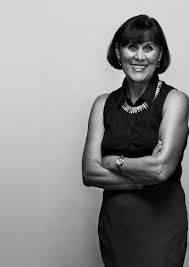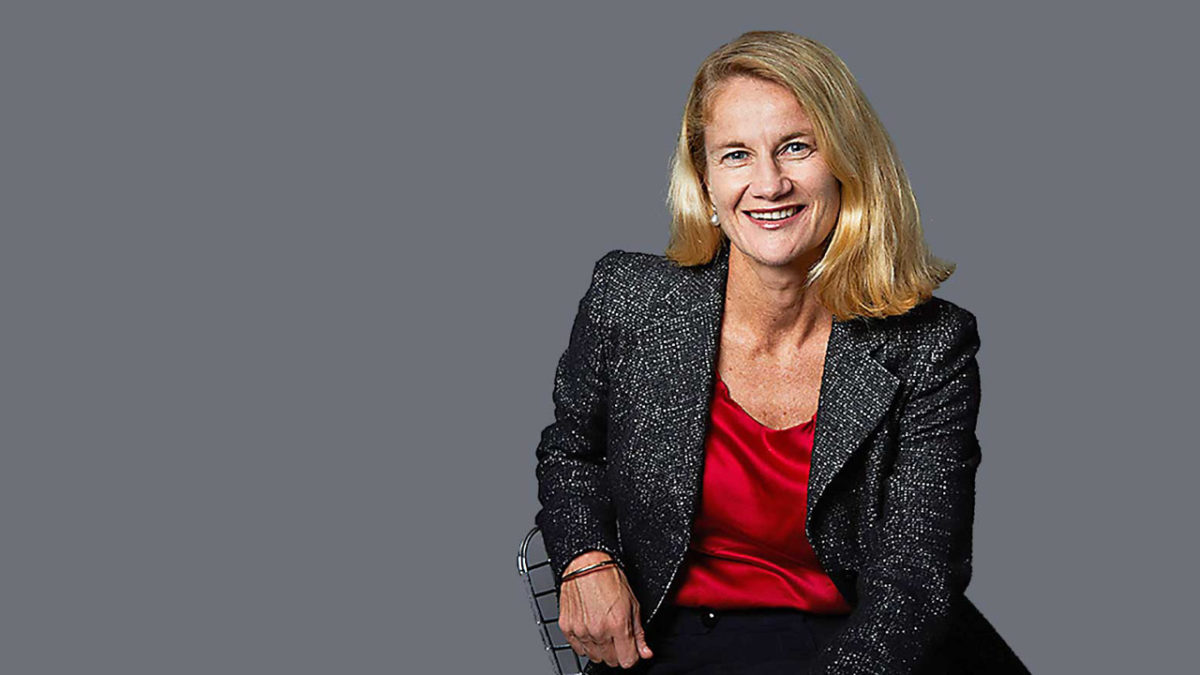APRA must improve merger process if it wants more
If APRA wants to continue to encourage super fund mergers the regulator needs to make some changes to how it goes about its approvals process, according to one chief executive who is going through the process of having a successor fund transfer (TFR).
Speaking at last weeks’ annual ASFA conference (on February 11), Leeanne Turner, the chief executive of MTAA Super, which is in the process of merging with Tasplan to become Spirit Super, said there were several hurdles to overcome for the merger.

There was the pandemic, which had the effect of deferring the merger by six months. “But this was more to do with the Government’s Early Release Scheme which was sprung on us without notice” she said. It was too much a risk to have the administration teams at Tasplan and Link (MTAA’s administrator) trying to deal with both at the same time.
“And let’s not underestimate the regulatory hoops you have to jump through to get APRA approval for a merger. They are significant, and in places overly prescriptive and onerous. Change is necessary if APRA wants to encourage more mergers,” she said.
“Our merger is playing out in an environment of unprecedented reforms, speculation and downright attacks on the system. Sot, it’s been very challenging to develop with any certainty a vision and strategy for a fund for the future.”
Andrew Boal, the chief executive of Rice Warner, who chaired the ASFA session, said that in 20 years’ time, the benchmark for mega funds would be $100 billion, such as Aware Super which was already greater than that ($135 billion), and some smaller ones, such as MTAA with Tasplan with a combined $22 million. Then there was the retails world with thye likes of MLC merging with IOOF, and Colonial First State, BT and AMP; what would become of them?
Boal, a former chief executive of Towers Watson in Australia, predicted that by 2025 the top eight funds would make up 50 per cent of the entire superannuation assets; SMSFs would make up another 25 per cent; and that would leave only 25 per cent for all the others. “This is how the landscape will change.”
Deanne Stewart, Aware Super’s chief executive and a former senior executive of BT, last year presided over two mergers: VIC Super and WA Super. She said that with a merger there was a lot of blood sweat and tears involved. “You underestimate what’s involved in a merger at your peril.
M&A activity also gives the participants an opportunity to build a new, better, more efficient business from what is left. For instance, after AMP Ltd sold AMP Life, the 18-month program to salvage the superannuation and all its elements, including investments that ran through the company, built a new operation with many benefits over the old one.
Tony Brain, chairman and non-executive director of AMP Superannuation Trustees, told the session that the program involved moving 1.25 million members and $65 billion. There was a project team of 150 at its peak.
Brain said some of the improvements included member fee reductions and reductions in investment fees, a reduction in systems from 11 to four, a new advice proposition, simplified product range, new wrap and masterfund agreements, one trustee instead of two and enhanced trustee operating model.











